
Think of each information source critically by questioning...
Who is it written by?
Who is the intended audience?
What is the timeliness of the information?
What is the supporting evidence?
Are there any spotted biases or compromised affiliations?
What was the intention of the information being produced?
Where is the information coming from?

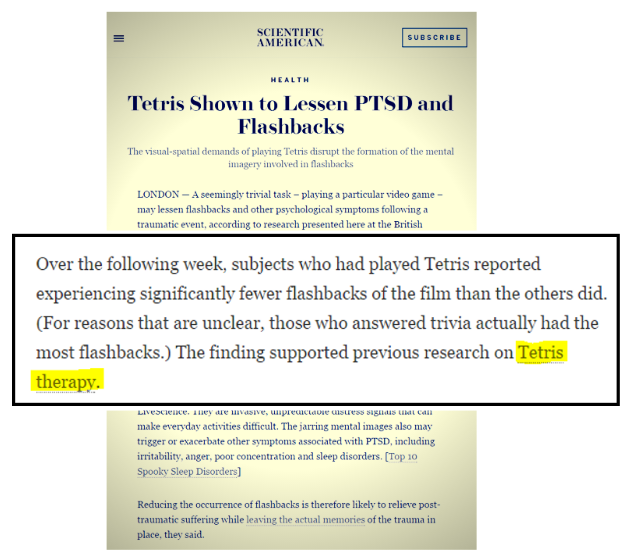
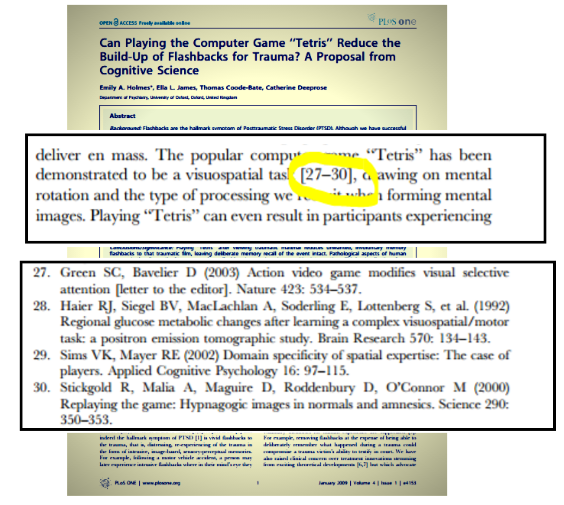
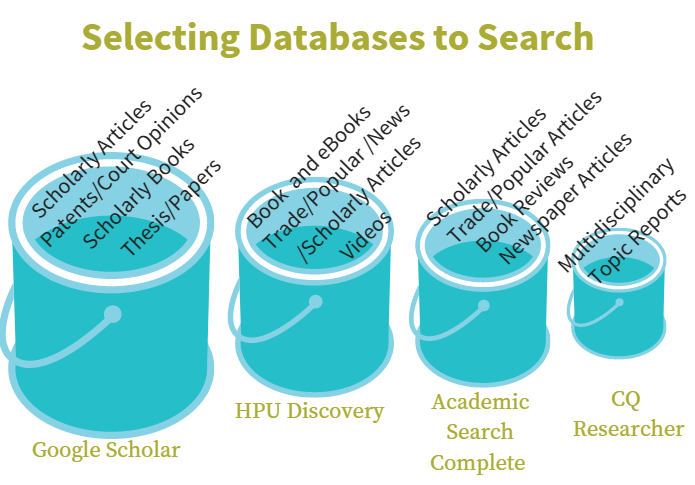

LIST POTENTIAL KEY TERMS
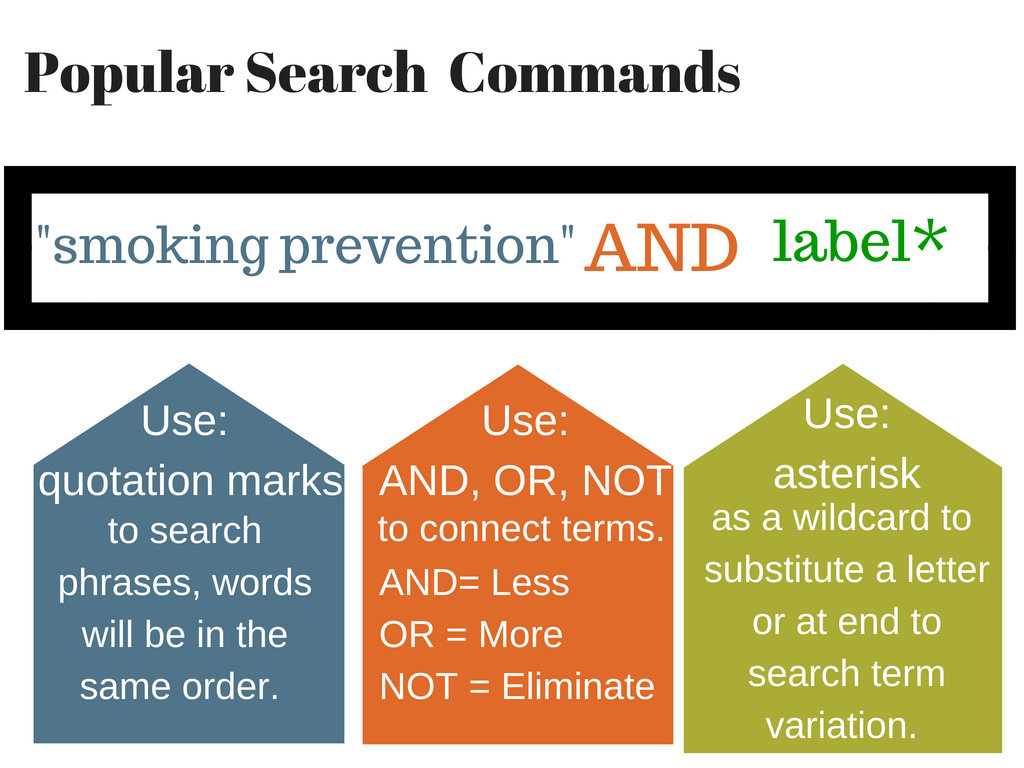
Search Activity

1. Go to Socrative.com
2. Click on the option
"Student Login"
3. Input the following code
LL5JSFQJ
LIBRARY LOCATIONS
Two Library Locations:
Library at Waterfront 6 302
Learning Commons at ATM
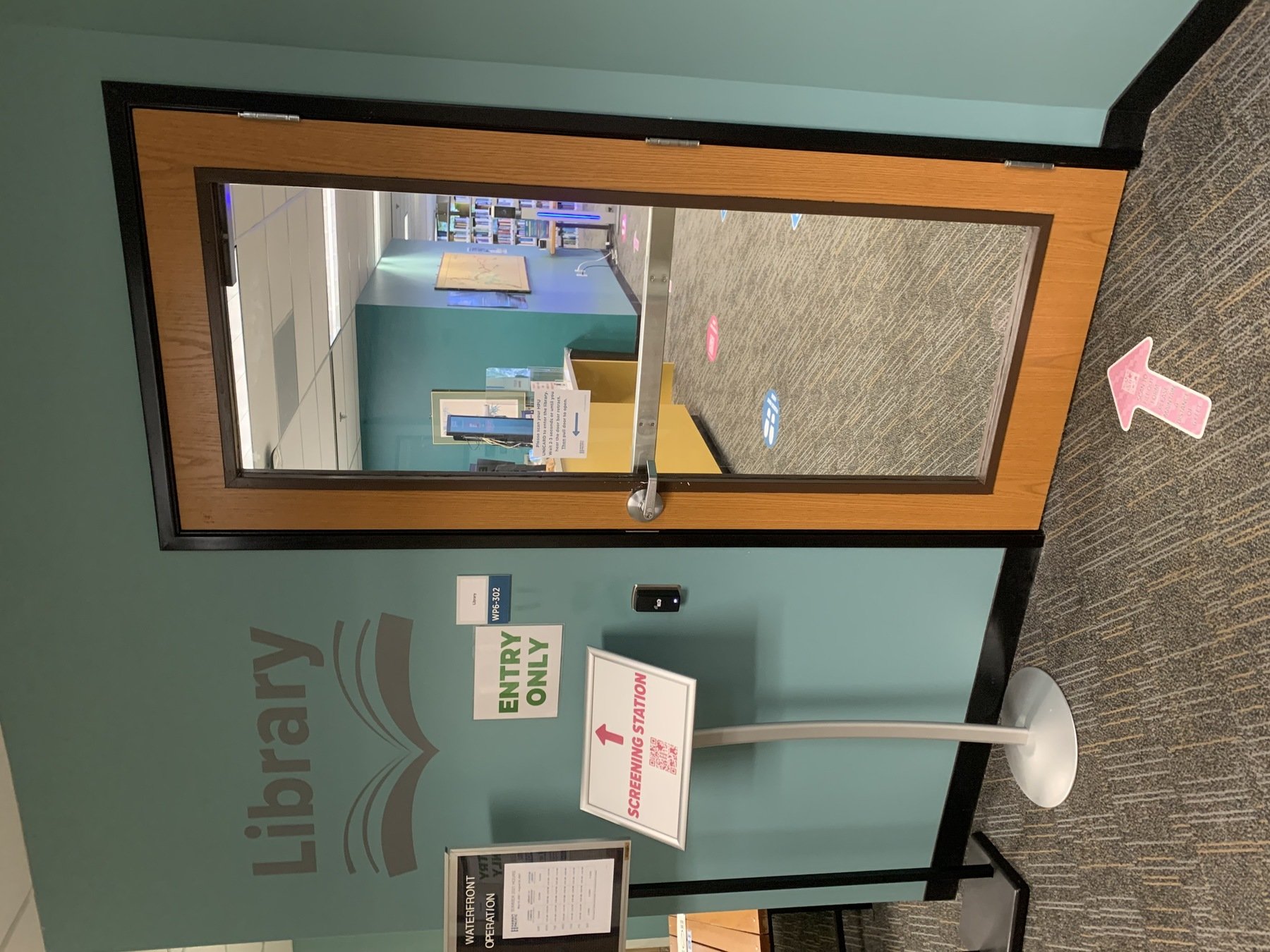

-
Biography Reference Center (EBSCO)
-
Biography (GALE)
-
Literature Resource Center (GALE)
-
MLA International Bibliography (EBSCO)
General
Databases
Databases
Local
Resources
-
Honolulu Star-Advertiser/ ProQuest
-
Contemporary Pacific /Project Muse
Specialty
Databases
Preliminary Research
- Helps you narrow your topic by finding out how much information is out there and understanding the basics of a topic by obtaining Background Information.
- Encyclopedia Articles
- Bibliographies
- Books
- CQ Reports or Topic Overviews
2. Helps you get an idea of which specific aspects of your topic you will want to do more detailed research about.
- Keywords and Discipline Terminology

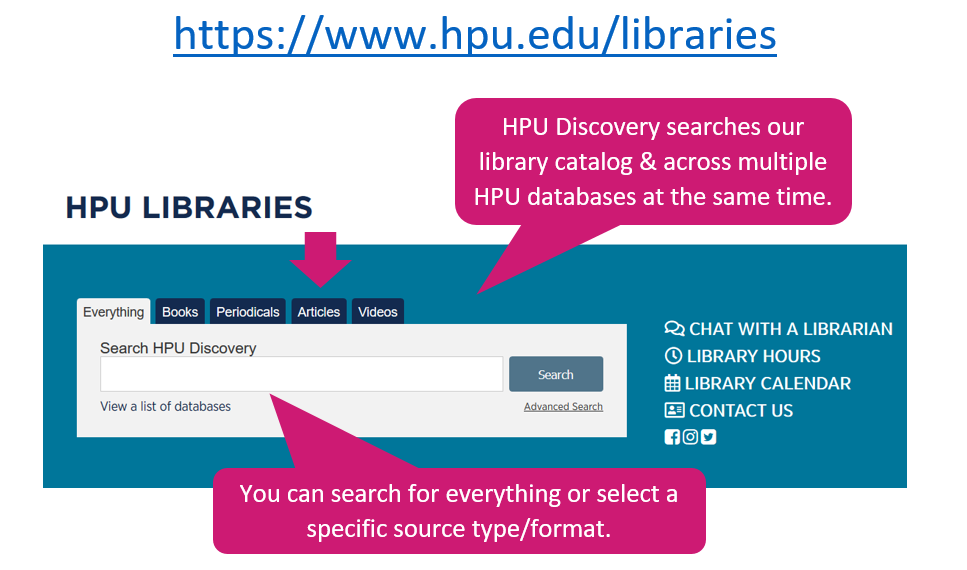
HPU Discovery
Note: HPU Discovery does not search ALL of our databases.
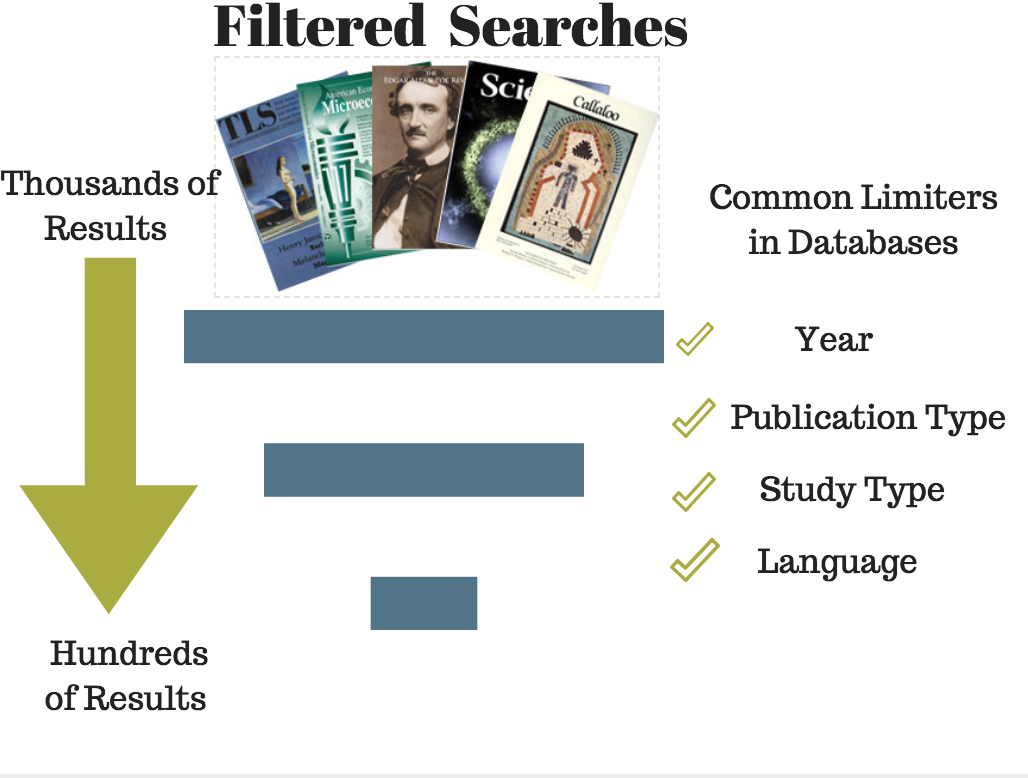

Preliminary Search Activity
Databases

Databases: List of all subscribed and open-access databases supported by HPU. Look for your discipline or subject area.
Information comes in a variety of mediums...

1) Types of material covered in database
Books? journals? videos? newspaper articles?
conference proceedings? Peer-reviewed journals?
2) Time coverage
What years of publications does the database cover? Some databases only cover from ~1990 to current. Other databases -- such as JSTOR cover articles back to the 1890s!
3) Content access
Was the content found in the database accessible? Is it mainly full text links or do you see Find It links?
4) Navigation within the platform
Is the database easy to use? Does it have regular standard features such as emailing options, citation option, abstracts of content? What type of filters are available?

Evaluating Databases
Find It!


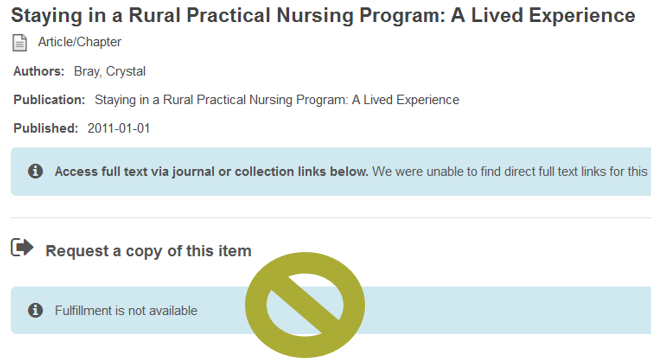
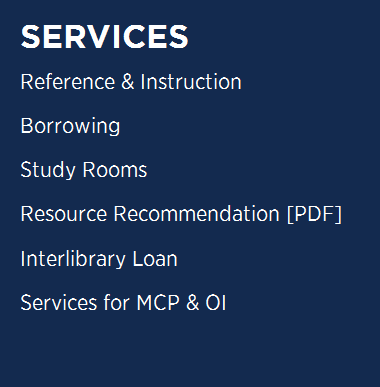
Interlibrary Loan
Interlibrary Loan
-
Biography Reference Center (EBSCO)
-
Biography (GALE)
-
Literature Resource Center (GALE)
-
MLA International Bibliography (EBSCO)
General
Databases
Databases
Local
Resources
-
Contemporary Pacific /Project Muse
Specialty
Databases
Search Activity
- Find a potential source, using one database that we covered in class.
- Filled out the Google Sheet link below.

Search Activity
- Find three potential sources, using some of the search techniques we covered.
- Filled out the Google Sheet link below.
https://tinyurl.com/yamamoto1100q

Search Activity
- Find three potential sources, using some of the search techniques we covered.
- Filled out the Google Sheet link below.
https://tinyurl.com/yamamoto1100L

Search Activity
- Find three potential sources, using some of the search techniques we covered.
- Filled out the Google Sheet link below.
https://tinyurl.com/yamamoto1100m


Evaluating Sources
Think of each information source critically by questioning...
Who is it written by?
Who is the intended audience?
What is the timeliness of the information?
What is the supporting evidence?
Are there any spotted biases or compromised affiliations?
What was the intention of the information being produced?
Where is the information coming from?

library@hpu.edu
Research Consultations
or Ask a Librarian 24/7 Chat

Research Help
WRI 1150
By Elizabeth Torres
WRI 1150
- 925



